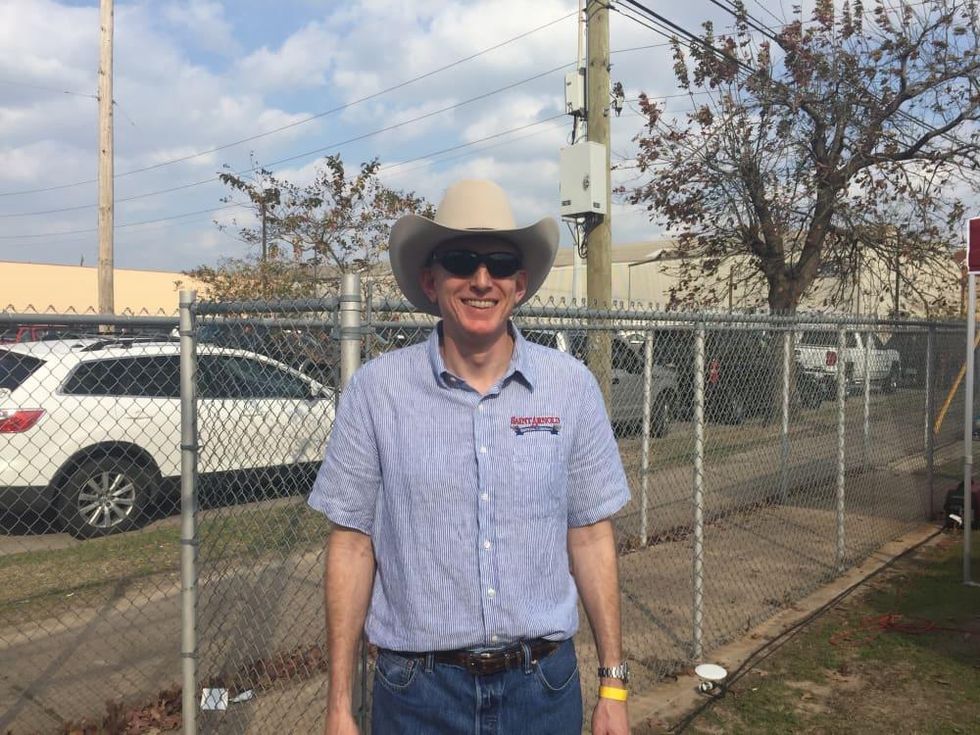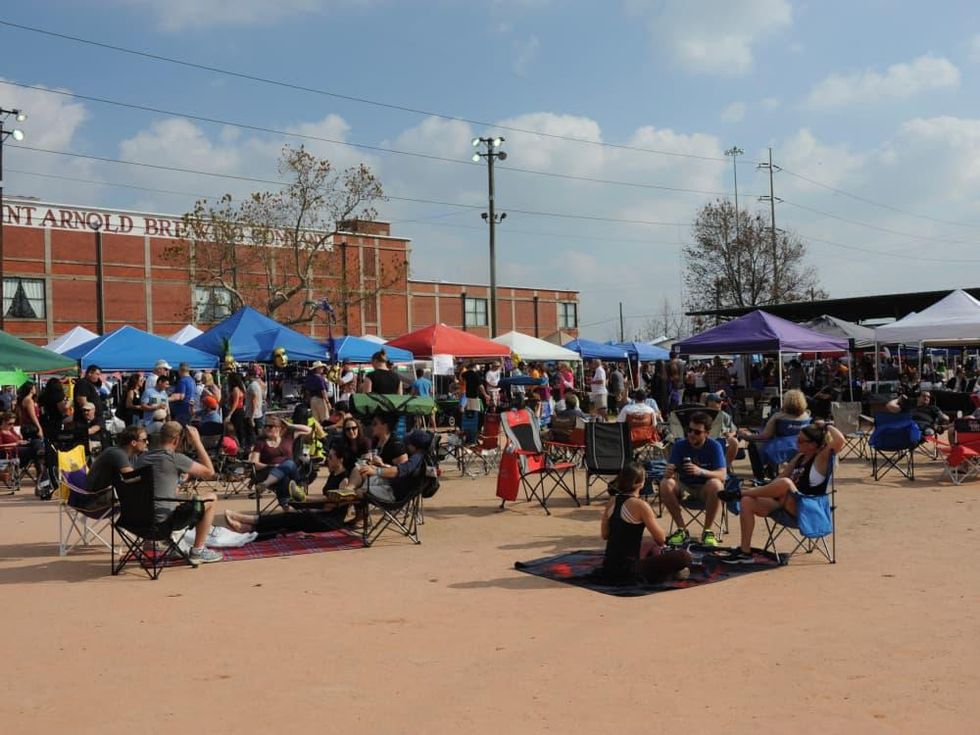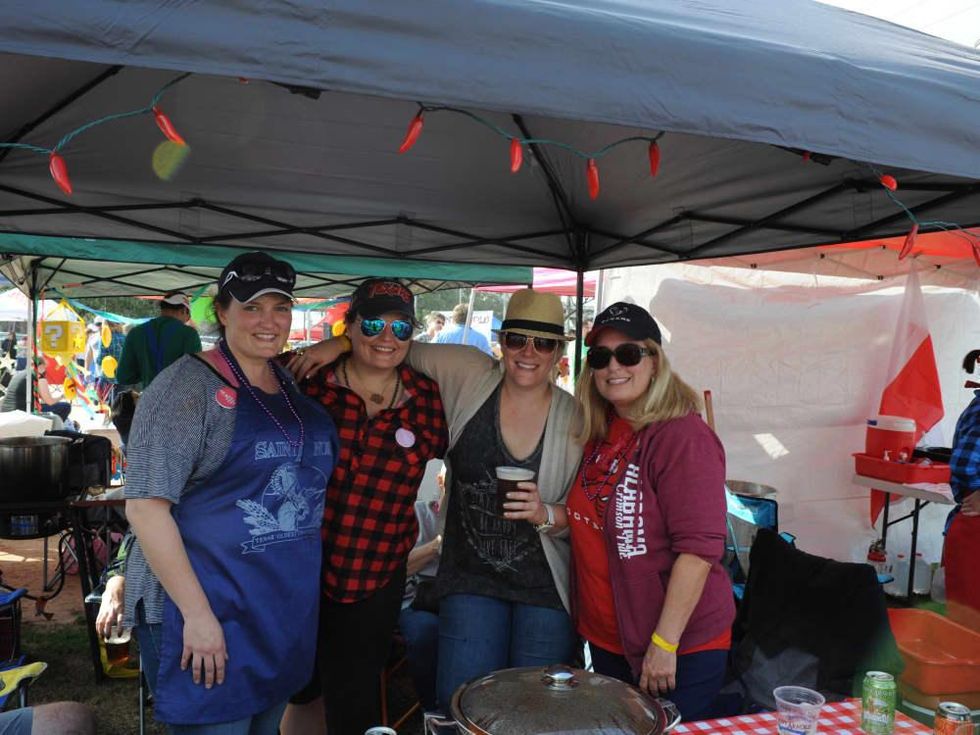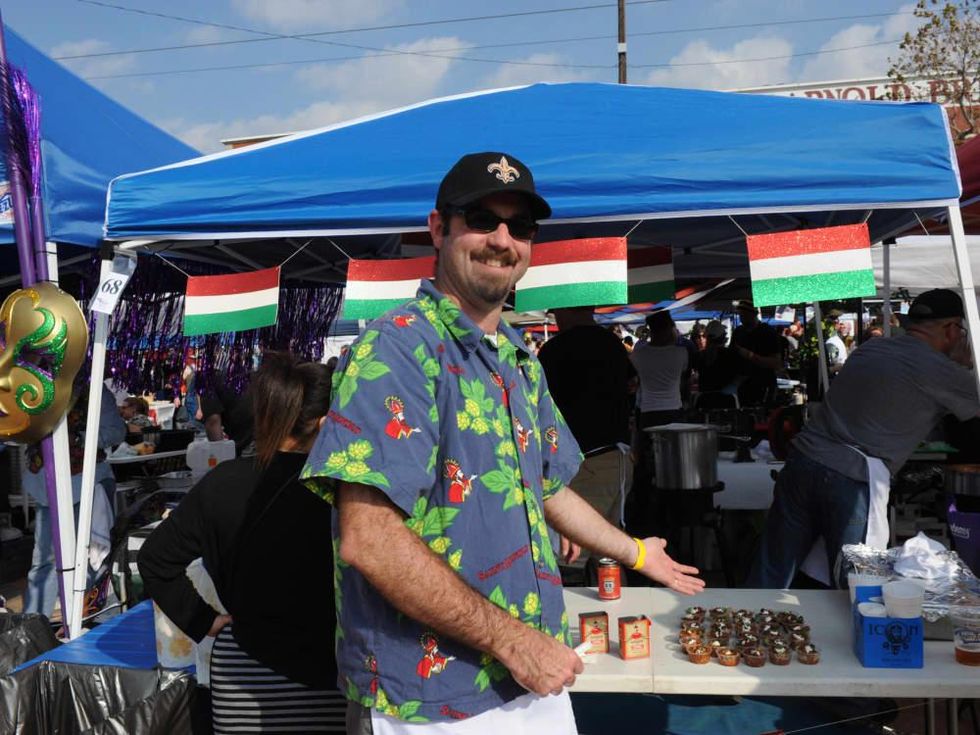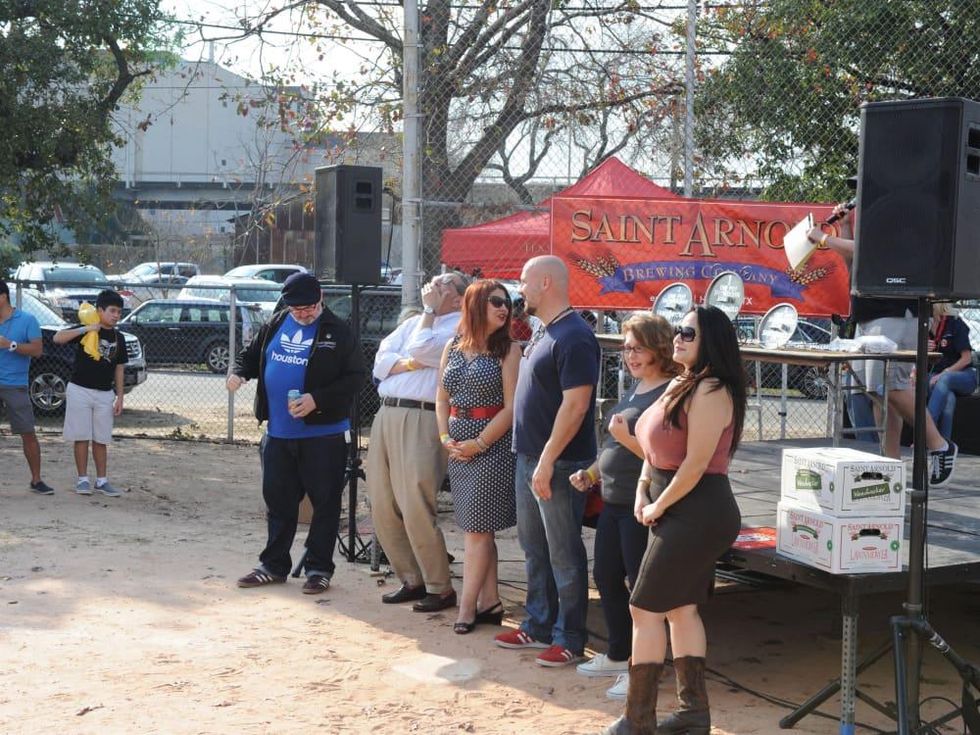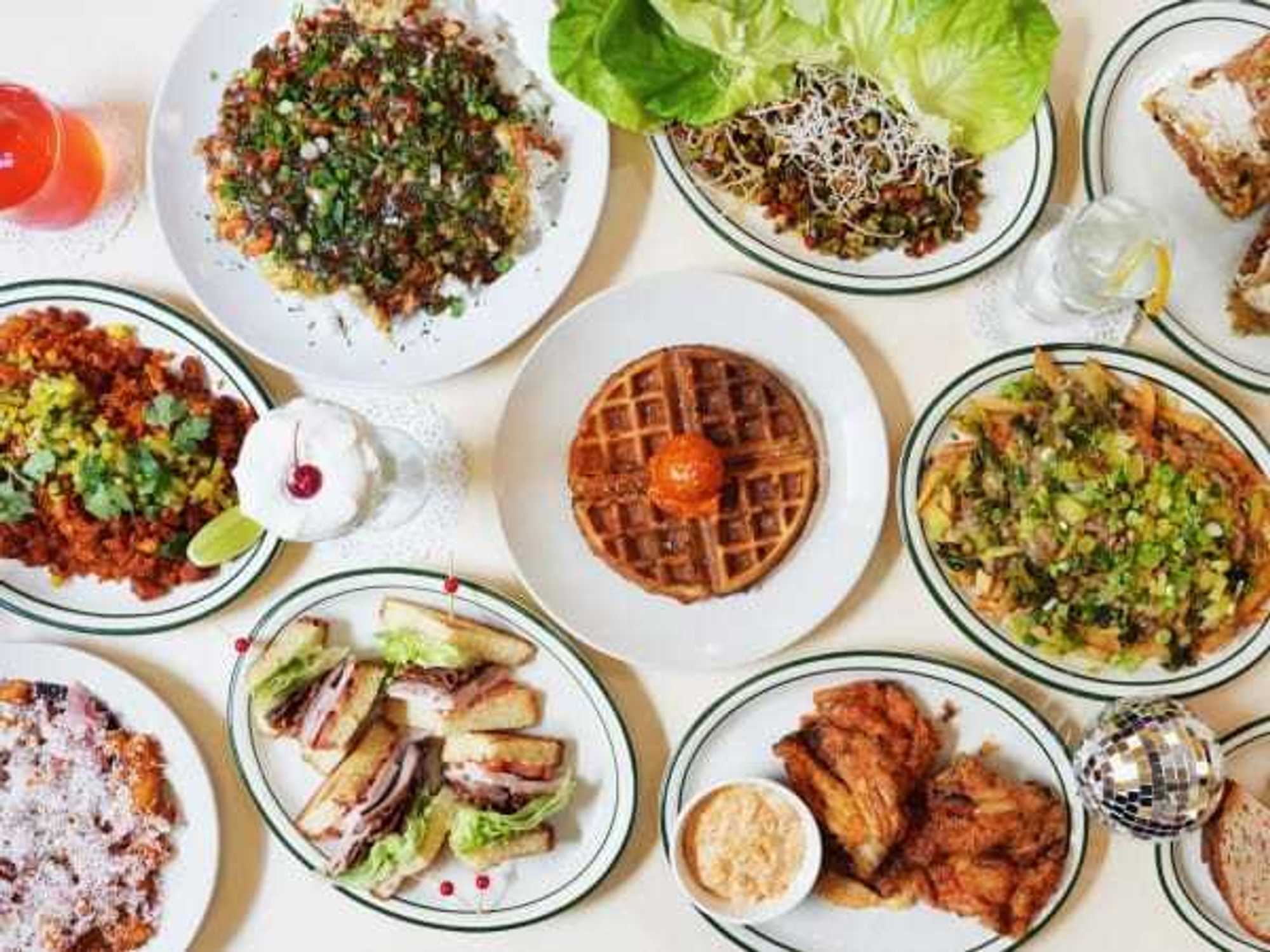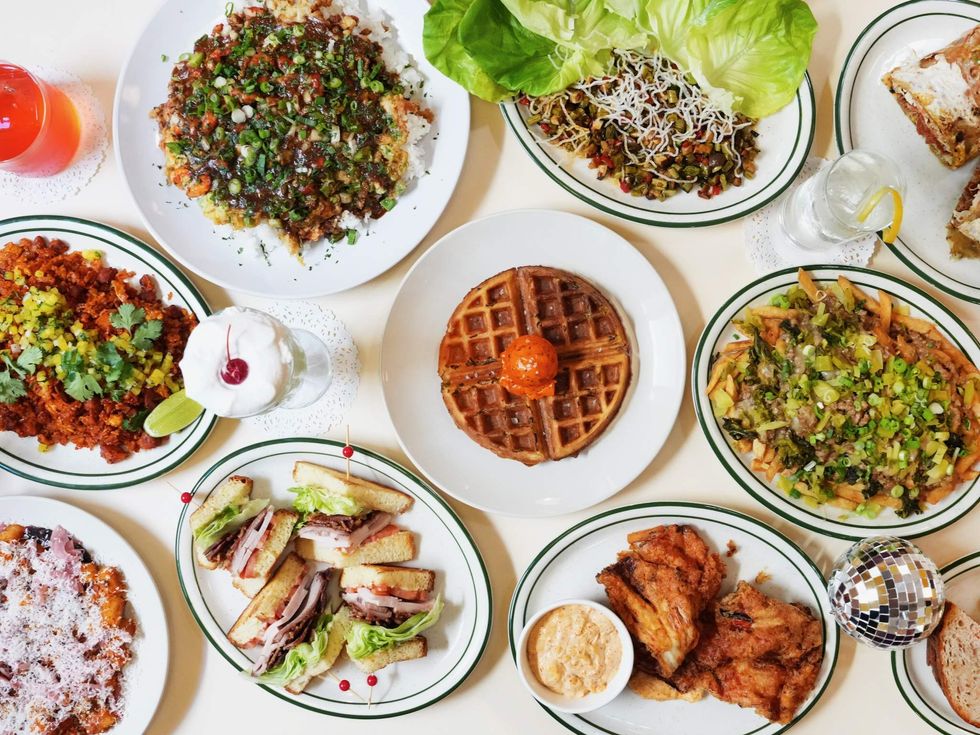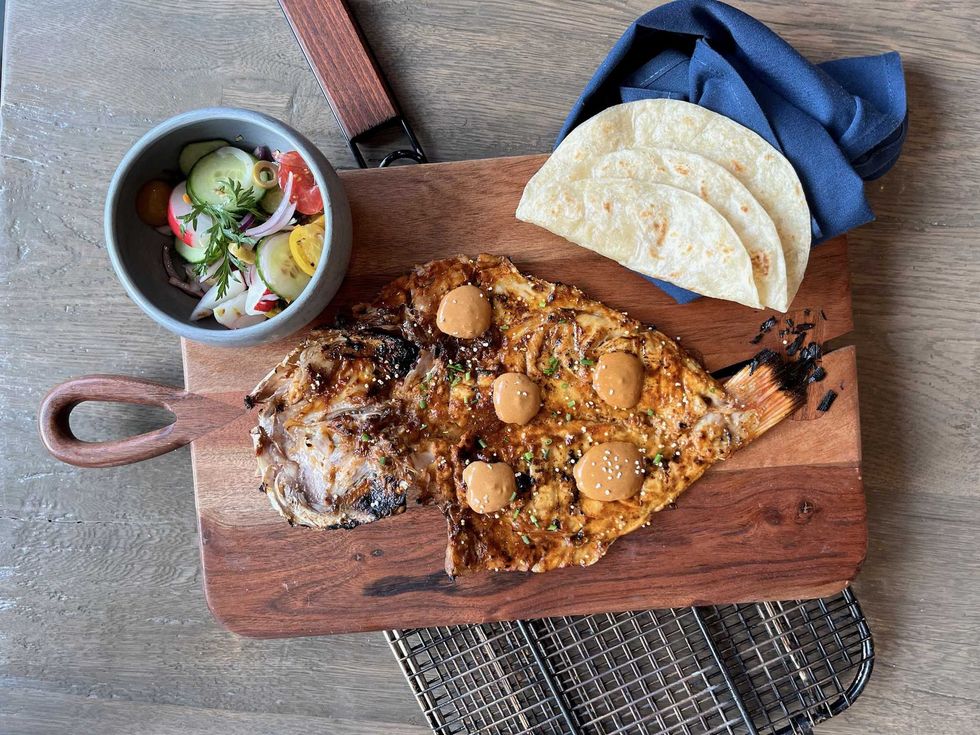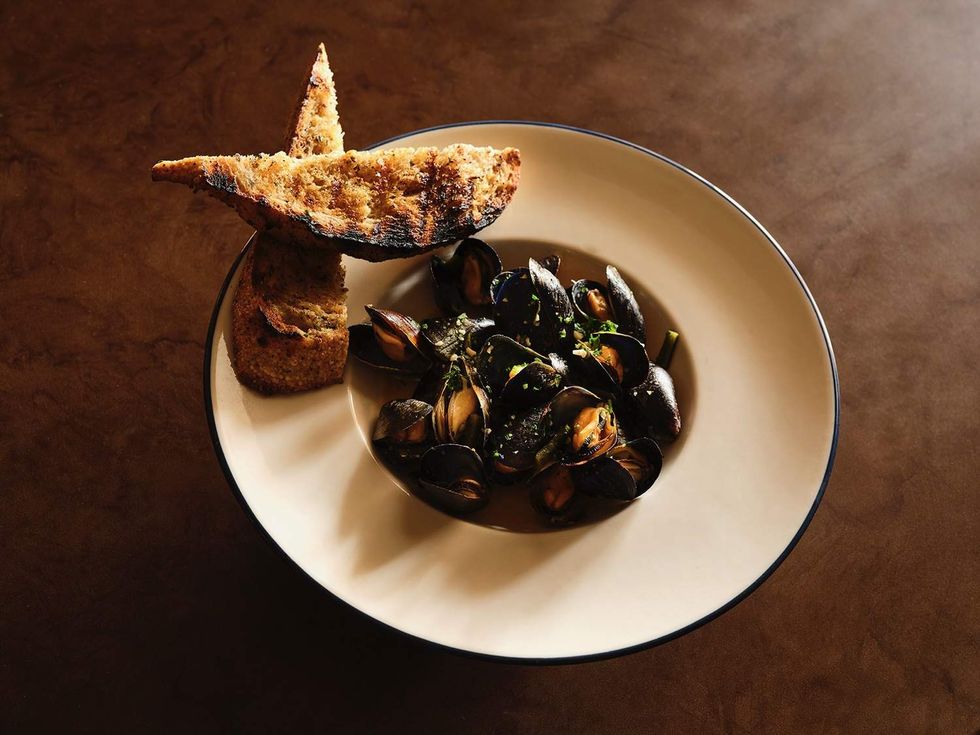A billion dollars for Saint Arnold?
H-Town's senior brewmeister conjures the future and shares a few of his plans
For Houston beer enthusiasts, Saint Arnold Brewing Company's annual One Pot Showdown is one of the most eagerly anticipated days on the calendar. Eighty teams compete to serve the best dish that's both made in one pot and with Saint Arnold beer, and hundreds of people pack the park next door to the brewery to sample the results and choose a favorite.
While the winners of Sunday's competition, as selected by a panel of media judges and culinary professionals, are of critical importance to the participants, they are not necessarily interesting to non-attendees who will never have the opportunity to taste these one-off creations. On the other hand, the event did provide CultureMap with an opportunity to catch up with Saint Arnold founder Brock Wagner about a couple of hot topics in the beer world.
Although the conversation wasn't nearly as wide ranging as last year's in-depth Q&A, Wagner still found time to discuss why One Pot is one of his favorite events on the Saint Arnold calendar, what the status is of Saint Arnold's plans to add a beer garden and restaurant to its campus, and what price it would take for a multinational corporation like AB InBev to acquire Houston's oldest craft brewery.
CultureMap: What do you like best about the One Pot Showdown?
Brock Wagner: The sense of community, people coming out on a Sunday. It’s competition, but it’s a really friendly competition. Everybody getting to enjoy beer, enjoy the food, just have fun. It’s very laid back. You see lots of people seeing friends, meeting new people, all over food and beer, which, to me, that’s really what it’s all about. Beer and food are the means to building community.
CM: You help with the judging every year. What makes for a winning dish?
BW: I only do a first round (of judging). I never do a second or third round. I don’t want to be part of any controversy. Everybody who doesn’t win feels they were robbed.
A winning dish is pretty challenging. Usually you get some creativity. It’s got to be a great dish on its own, then you have to be able to taste how the beer is affecting the recipe.
CM: What’s the status on changes to the campus?
BW: We're still working on it: about to start moving the utilities in the street here. We have to do that so we can complete the purchase of the street. Then we’ll plan to put a restaurant and beer garden on the property next door.
CM: What's your timeline for when that will start to happen?
BW: Not as quickly as I’d like it to be. I just went over the timing with the architects. My goal would be have to plans done by the end of the year and approved by the city. They think it will be 2017.
CM: Craft breweries all over the country are being bought by big corporations. Do you think we’ll see Saint Arnold be sold?
BW: Lots of people have called us. I always tell them, ‘yeah, we’re for sale: a billion dollars.’ You have to have a price. Everyone has a price . . . Our philosophy is not to be selling ourselves. We have a plan of what we want to be as part of the community, and it doesn’t really fit selling to a big brewery.
CM: Are you surprised by how many brewers have sold?
BW: Absolutely not. The brewery has been open 21 years. I started working on Saint Arnold 23 years ago. There’re a lot of people in my shoes who have been doing it for a couple decades that are 20, 25 years older. Some people have a clear succession plan, maybe kids taking over. Others want to retire. Somebody comes and offers them $40 million. I don’t begrudge them.
Everybody has to make their own decision for their own reasons. It’s kind of the cycle of business. Everybody wants things to stay exactly the way they are, and when they change people get upset. Business occurs in cycles. Every time someone thinks that this business is going to be different, that there isn’t going to be a cycle, that usually leads to really poor business decisions.
I think right now with craft we saw a cycle in the ‘90s where it grew and then there was some contraction. I think we’re about to have the same kind of thing occur. Not with the total amount of beer sold. But I think you’re going to see a few of these breweries that are opening — a few of them are going to achieve what they’re seeking to achieve — but there’s going to be a lot who don’t do as well as they’re hoping. Then it’s a question of, do they hang on for five or 10 years not really paying their people living wages? Some will outright close.
I think we’re about to go into one of those cycles, because the market is getting really crowded. We hear it from other breweries talking to us about having a much more challenging time than they thought. There are some who are growing really well, too. Nothing grows forever. It just doesn’t work.
